Early education and technology
We want to ensure every child has the opportunity to not just experience the digital world, but to thrive in it.
Quick links: Digital Platforms | Digital Citizenship
More Indigenous children are going to preschool, but is this enough?
We know it is important for children to receive quality early education before they begin school, it has benefits both for their wellbeing and for their learning.
Research on Indigenous children has shown it can help build their literacy in both the short and long-term and numeracy skills in the long-term.
A systematic review published in 2020 investigated whether early childhood education programs support positive education and developmental outcomes for Indigenous students. It showed preschool education has the potential to provide long-term benefits and prepare Indigenous students for school.
However, the authors also noted it matters what kind of education they are getting. The preschool programs need to be high quality – exactly what this entails, and how we evaluate it, is still being determined.
For Indigenous children, research suggests affirming their cultural identities as well as having strong engagement and connection with their families and communities is vital.
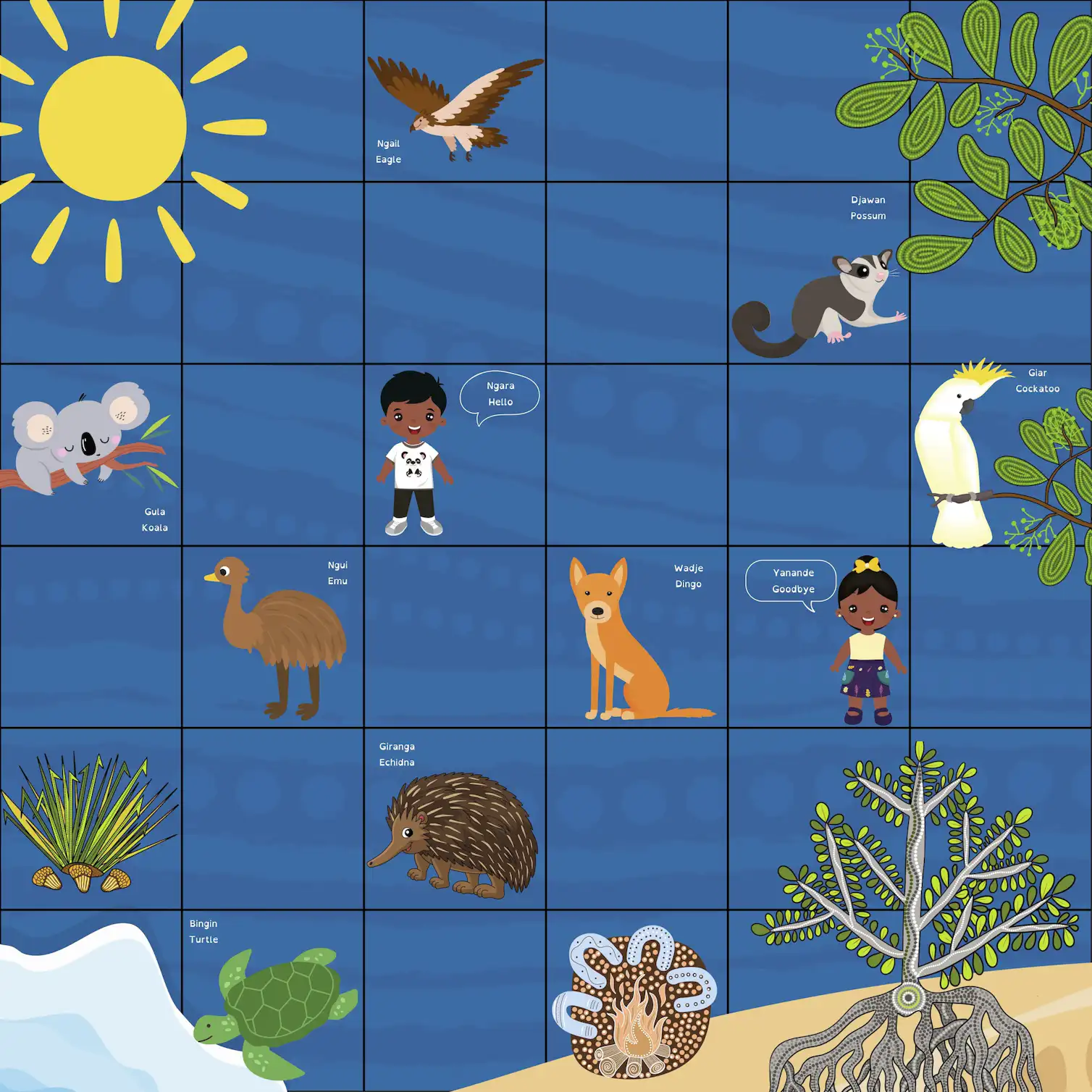
Digital platforms and data
Using digital platforms to communicate between home and school creates benefits but also many challenges
The emergence of digital platforms provides new opportunities for extended communication between educators and families.
But there are also challenges that come with digital platforms for schools, services, teachers, early years educators, parents and children, such as increased digital workload, information overload, coercive participation and the public sharing of children’s data.
Three ways to ensure digital communications support the best kinds of home–school connections.
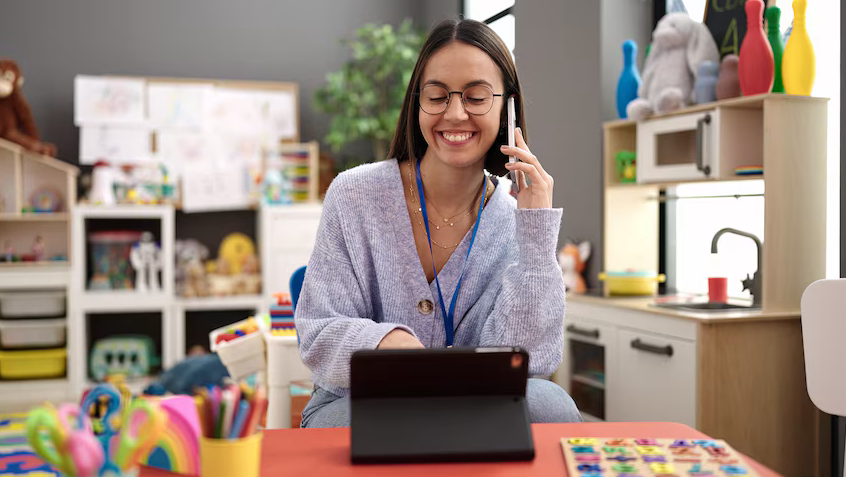
Data about children is being collected at schools, but teachers can take control
Digital data has become integral to schools today. From standardised test results through to attendance, it seems there is no part of a student’s school day that is not generating personal data.
This data can be used to gather insights into student and school performance, as well as make predictions about future behaviours and achievements.
This is known as the datafication of education, and it has become increasingly important for the management, marketing and accountability of schools and education systems.
But how can teachers, school staff and families navigate the complexity of education data?
Critical data literacies might offer a useful approach.
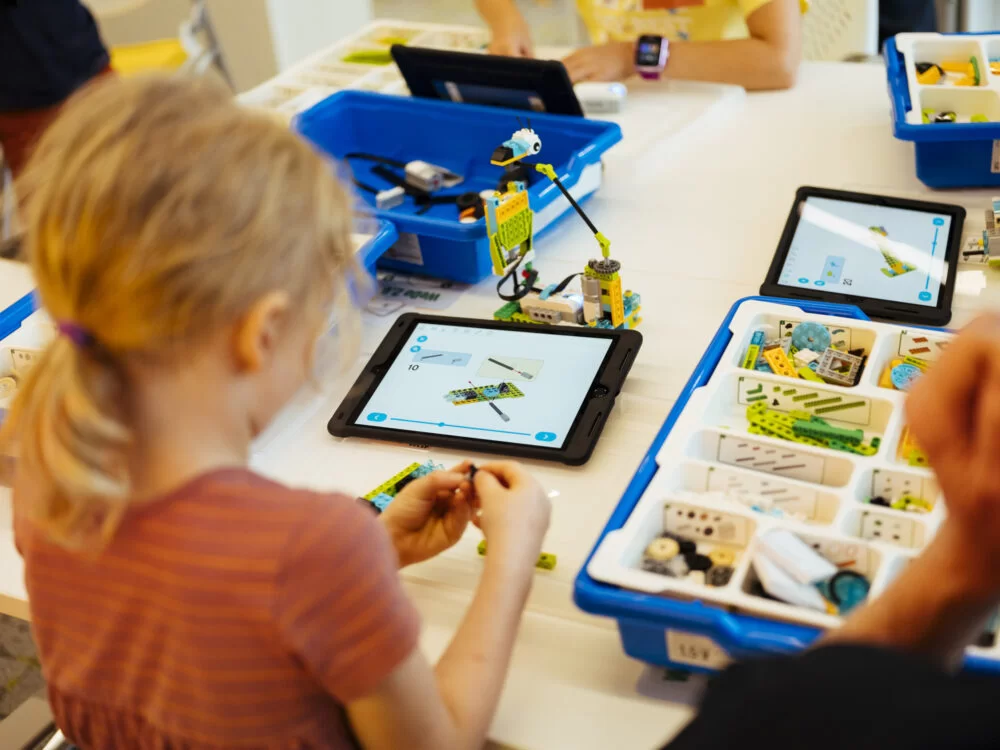
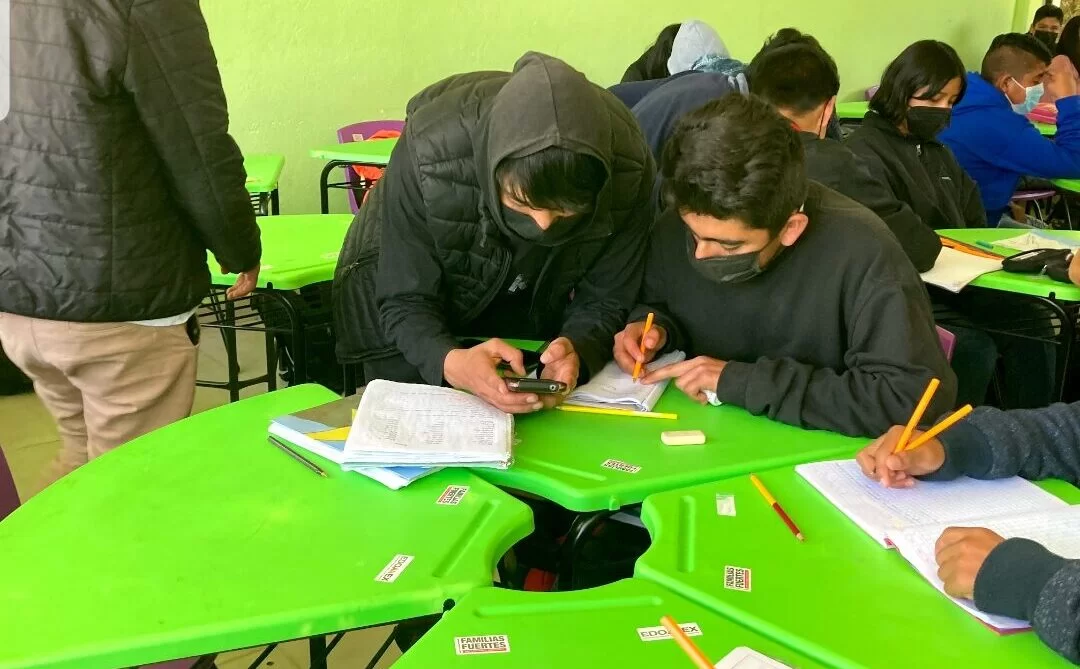
Children and YouTube in school contexts – some reflections from the field of research
In our research, we focused on school uses of YouTube by children, which differ from home uses. We conducted individual and group interviews and surveys with school students in four schools (two in Mexico City, with 60 students, and two in Buenos Aires, with 116 students).
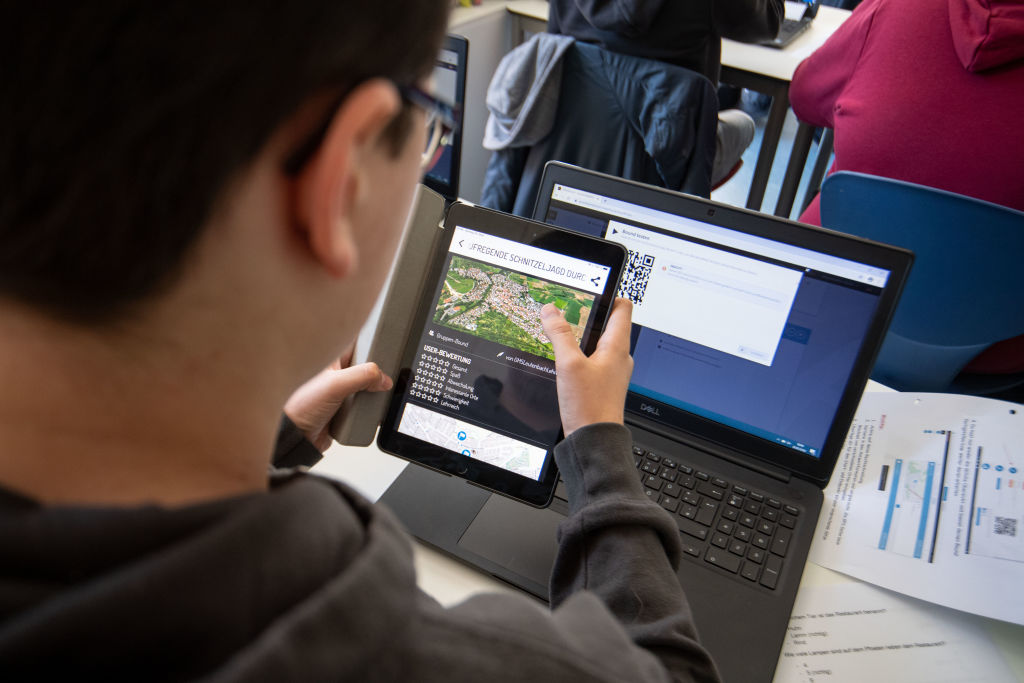
Valuing autonomy of teacher and child in cloud classrooms
Digital learning is rapidly becoming reality in classrooms around the globe through use of online platforms.
In a recent publication in the Harvard Educational Review coauthored with José van Dijck, we argued that this platformization of education—the integration of digital platforms into daily school practices—forms a major cause of concern worldwide for the autonomy of schools, teachers and young children.
Academic article: Exposing ‘data’ about educational technology through a design intervention
Edtech platforms can obtain and analyse the personal information of users but the reverse can’t be said. Our researchers explore the possibilities of reversing this power imbalance.
Xinyu Zhao, Rebecca Ng, Chris Zomer, Gavin Duffy, Julian Sefton-Green,
Database as method: Exposing ‘data’ about educational technology through a design intervention, Computers and Education Open, Volume 6, 2024, 10.1016/j.caeo.2024.100188.
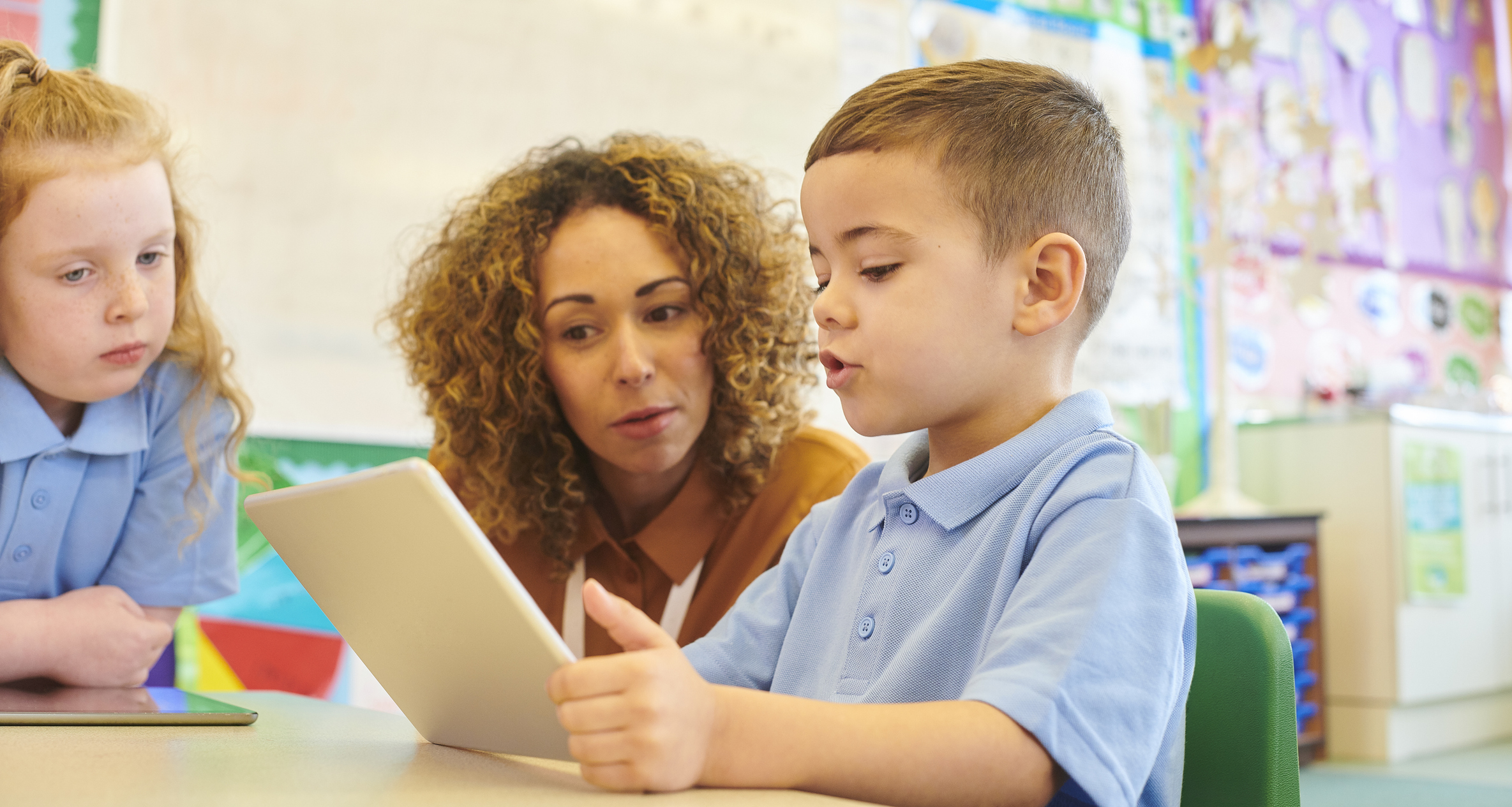
Digital citizenship
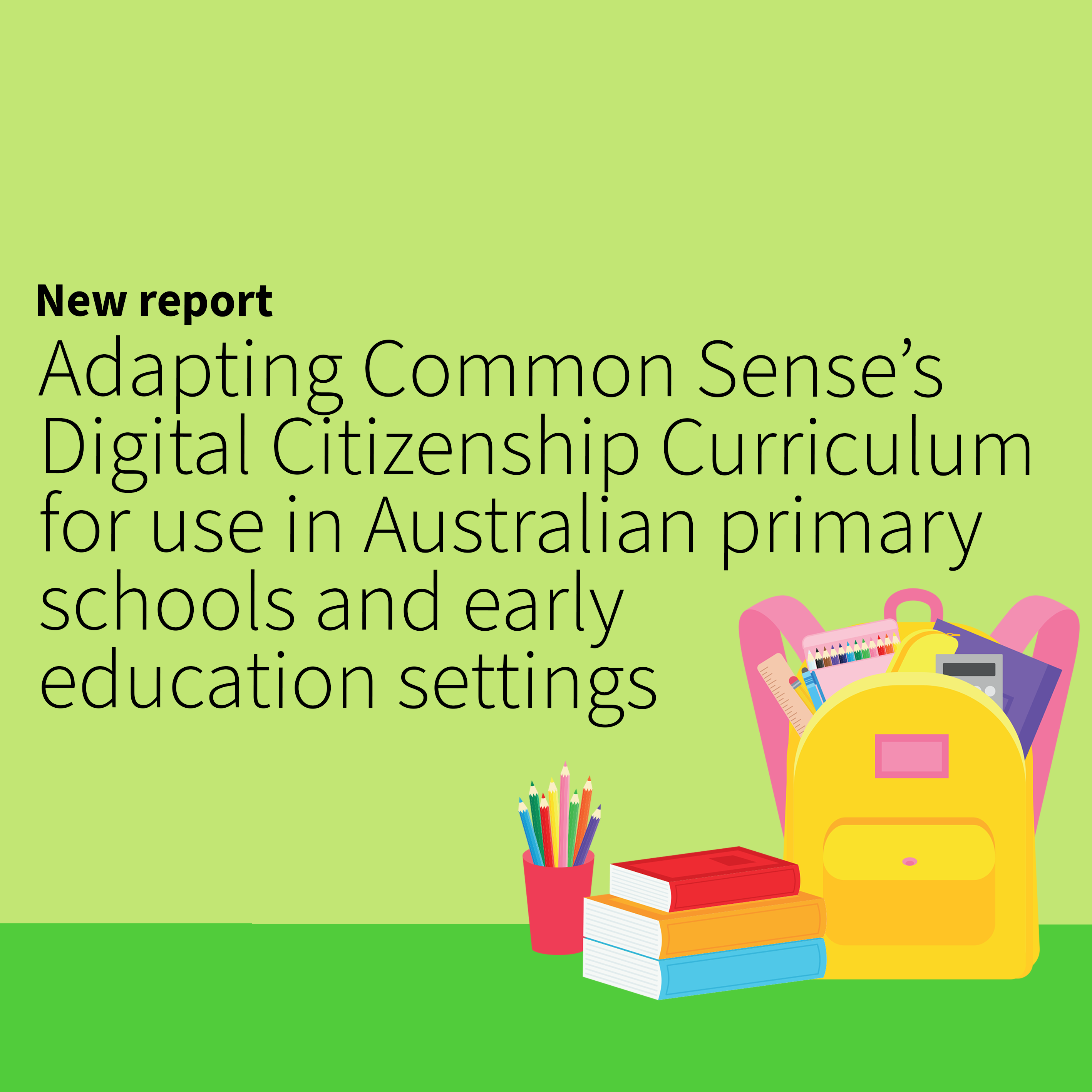
Adapting Common Sense’s Digital Citizenship Curriculum for use in Australian primary schools and early education settings
With funding from the eSafety Commissioner’s Online Safety Grants, this project implemented a digital citizenship curriculum developed in the United States by Common Sense, an internationally renowned non-profit organization dedicated to helping kids thrive in a digital world.
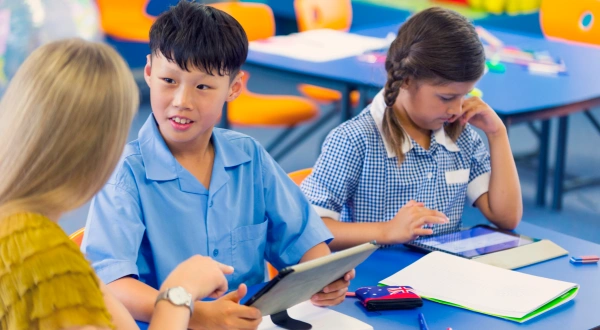
What is digital citizenship and how can Australian children learn about it?
Digital citizenship is a term that describes the knowledge and skills individuals require to successfully participate in societies where digital media and technologies play a central role in daily life. It is important for entertainment and leisure, learning and education, employment, and for social, cultural and civic participation.
Looking for academic articles on early education?
- Wilson, S., Murcia, K., Cross, E., & Lowe, G. (2023). Digital technologies and the early childhood sector: are we fostering digital capabilities and agency in young children? Australian Educational Researcher. https://doi.org/10.1007/s13384-023-00647-3
- Theobald, Maryanne, Busch, Gillian, Mushin, Ilana, O’Gorman, Lyndal, Nielson, Cathy, Radanovic, Shelley, Briant, Elizabeth, Curtis, Lisa, Mirah, Erin, Rana, Louise, Moore, Tyler, and Danby, Susan (2023). Children as citizens of a global society. International perspectives on educating for democracy in early childhood. Edited by Stacy Lee DeZutter. New York, NY, United States: Routledge.297-320. https://doi.org/10.4324/9781003229568-23
- Corser, K., Dezuanni, M., & Notley, T. (2022) How news media literacy is taught in Australian classrooms. Australian Educational Researcher, 49(4), pp. 761-777. DOI: 10.1007/s13384-021-00457-5
The Children’s Internet and online games
Technology is often promoted to parents as being necessary for children’s learning and development. Schools and education systems make choices about which technology companies’ products to use. There is frequent hype about the ability of technology to revolutionise learning, but these claims are often unfounded.
The Manifesto for a Better Children’s Internet is a comprehensive guide to creating an internet and digital technologies more suitable to the needs of children and far removed from the current content free-for-all. This includes recommendations that schools and education systems develop better processes for selecting digital resources and products for classroom use.
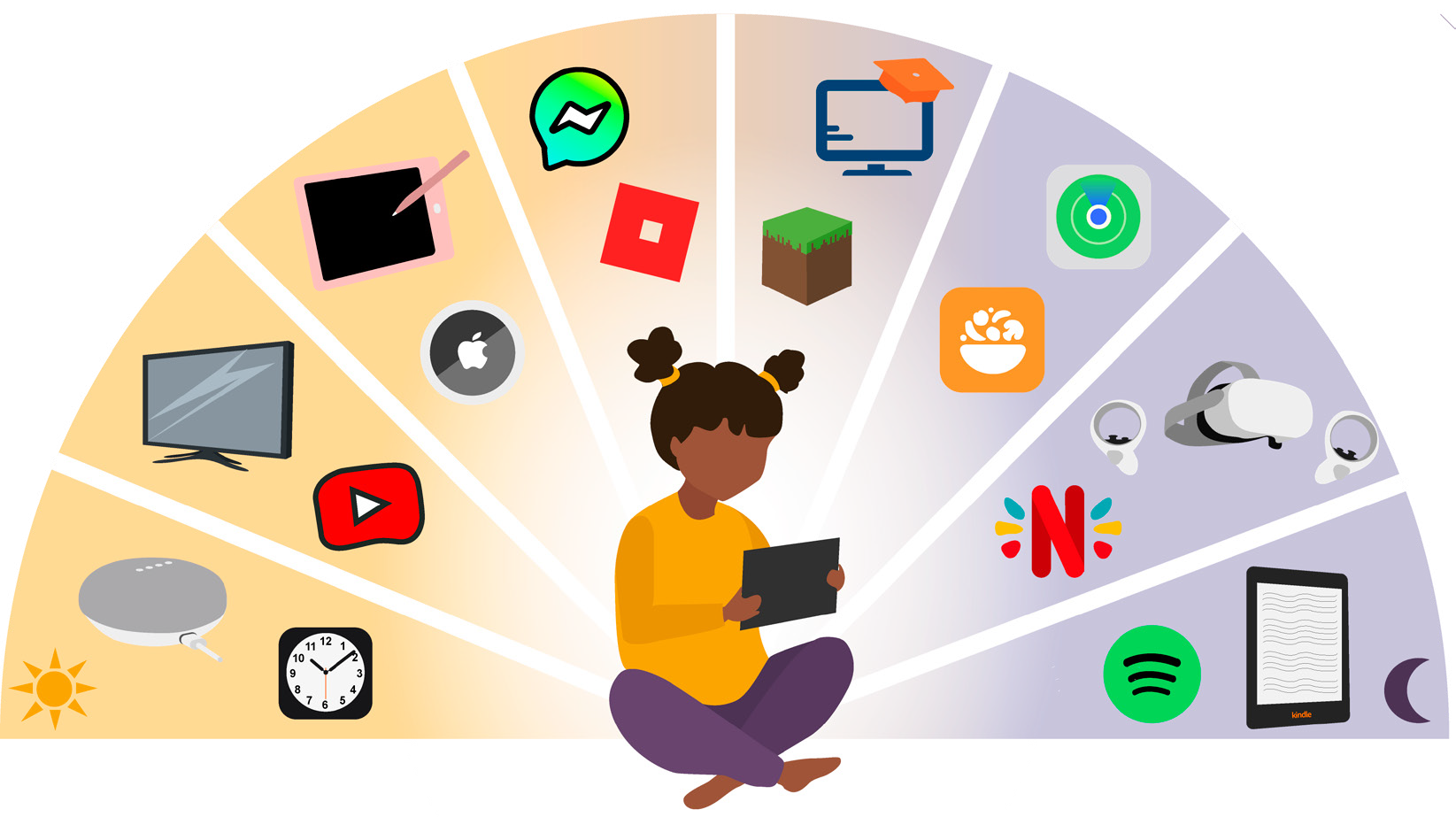
Get our monthly newsletter
Updates on the latest research on children and digital technologies delivered straight to your inbox.
